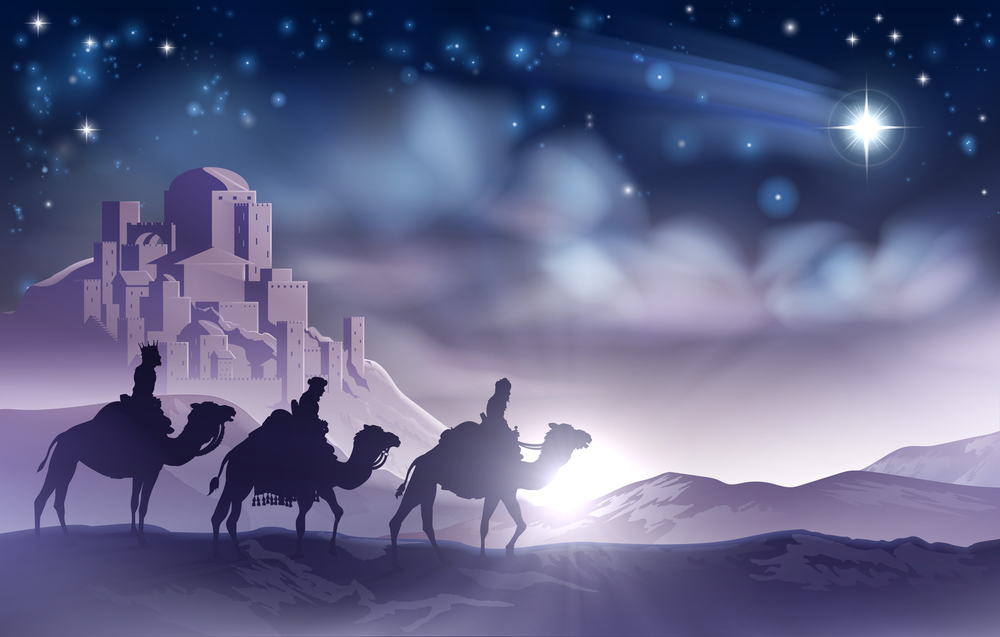The annual parade of the Three Kings, or Los Tres Reyes, is being held in San Pedro Alcántara on the 5th January, starting at 18:00 and finishing at 21:00hrs. The parade, or ‘cabalgata’, as it is called in Spanish, will pass through Avenida Pablo Ruíz Picasso, C/Lagasca, around the central roundabout on the boulevard, along C/Juan Vargas and C/Luis Braile.
These are the important event details, but what really is the tradition of Los Tres Reyes and why is it important across Spain, not just in San Pedro?
In Spain, for many centuries, children have waited for the arrival of the Three Kings to receive presents, rather than for Santa Claus, who represents more of a northern European tradition when it comes to the present-giving traditions of the festive season.
A Spanish interpretation
The Three Kings tradition follows the original Bible story of the birth of Jesus in Bethlehem. As you may remember, a star guided three kings named Melchior, Gaspar and Balthasar to the stable where Jesus was born. It was here that they presented the baby with gifts of gold, frankincense and myrrh. In some traditions, it is believed that Balthasar came from Arabia, Melchior from Persia and Gaspar from India.
In Spain, as Christmas approaches, children write letters to the Three Kings, asking for the gifts they would like to receive on 6th January, when the gift giving takes place. As with the tradition of Santa, Spanish children are taught that the better behaved they are all year, the more likely they are to get the presents they want.
The story goes that when the Three Kings arrive in Spain, they visit every village, town and city to collect the letters and hear the children’s requests. This is why there are so many parades across Spain on the evening of the 5th January. Families flock to them to see the wise men, who have sacks of sweeties that they throw into the crowds, and children bring containers to catch as many as possible.
Traditionally, when children return home that night, they leave out water, turrón and milk for the Kings and their camels, and when they wake in the morning, these will have all gone and the presents been left in their place. Spanish families will usually go out to eat on 6th January and celebrate the last day of a particularly long Christmas, as it is back to work the following day.

